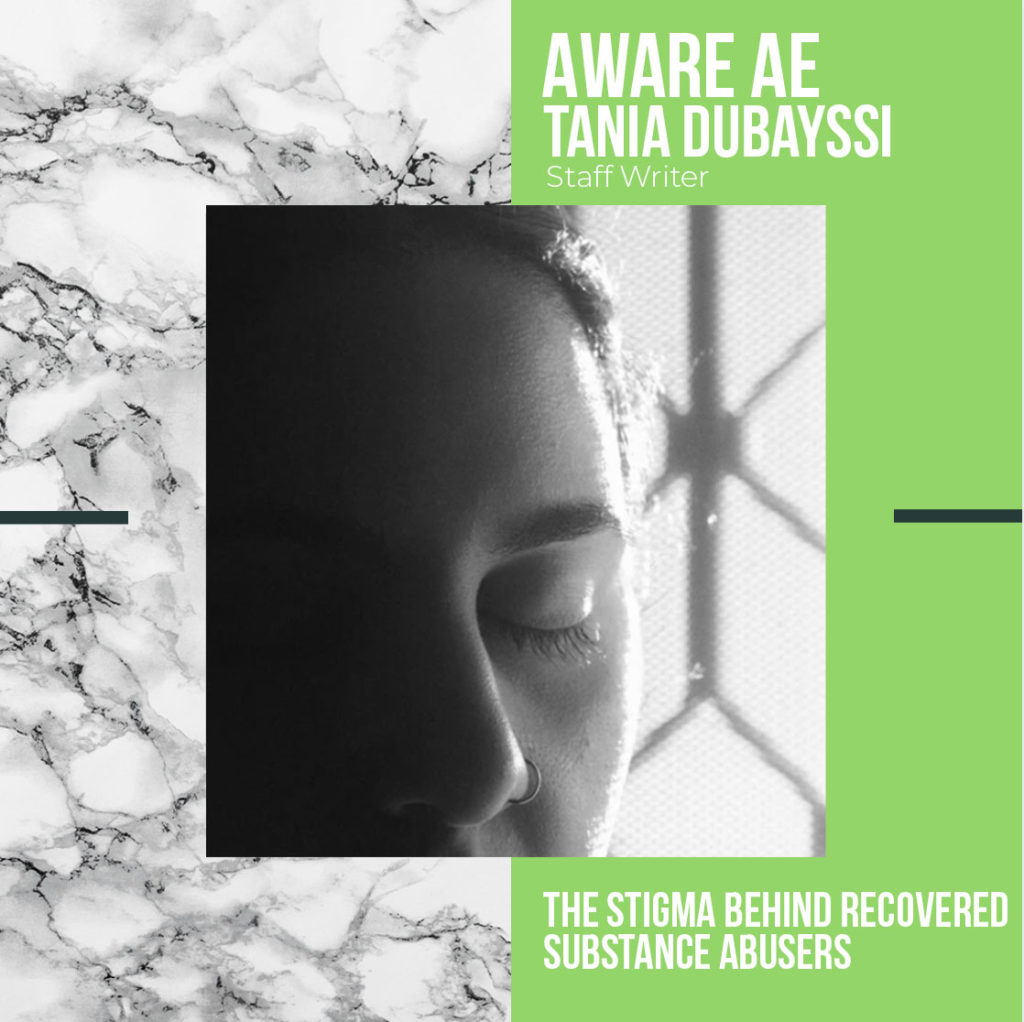Trigger warning: this article discusses substance abuse.
Untreated drug and other substance use problems contribute to thousands of deaths almost every year and impact lives of many people. Healthcare already has effective tools that are able to prevent these deaths from happening but are not being utilized enough, and those who could benefit from healthcare do not often seek help. This comes down to the stigma that is being surrounded behind those suffering from addiction.
Some changes have been made to reduce that stigma around these conditions, such as public and school education and a widespread use of antidepressants has been clarified for depression, for example, making it less taboo than how it was in the past generations. Only little progress has been made to remove the stigmatized idea behind substance abusers. Those suffering from addiction continue to be blamed for their disorder. However, addiction is seen as a complex brain disorder, alongside behavioral changes. The public and healthcare sector view this disorder to be a result of moral weakness, alongside an underdeveloped character.
Effects of the Stigma
Stigma begins when healthcare providers see those patients as though it is their own fault for their addiction, which leads to rejecting those individuals who want to seek treatment. People showing symptoms of intoxication and withdrawals are often rejected from emergency rooms by healthcare staff fearful of their behavior and assuming that they are only at the clinic or hospital seeking drugs. People suffering from addiction often feel shameful due to this stigma, which leads them to result in refusing to seek help for treatment.
As a result, those recovering may find it difficult to find jobs and other occupations as employers and other workers may have a fear of those individuals breaking the rules of the workplace. There is a stigma that is surrounded with those recovering as though they do not belong in a workplace, in fear of behavioral distributions. Fearing to be around those who were struggling with addiction and are currently recovering does not allow these individuals to break through this stigma and allow themselves to feel heard. This puts these individuals through shame and can lead them to feel demotivated, depressed, and anxious.
However, healthcare providers and other individuals should not be feeling uncomfortable to allow help to those in need. This creates a boundary in those who are recovering. If the healthcare sector is not providing them the care they need, they will not be able to trust others who would be able to provide with the help they need, and this plays a huge role when trying to find a job as they will begin to think that, because of their past addiction disorder, they will not be hired regardless of their experiences and education level. This creates anxiety and does not allow them to get out of this stigma and live without fear of rejection.
Stigma and Recovery
These two go hand in hand “from” and “in” mental illnesses are being associated in many various ways. While recovery can give opportunities, make a person stronger, and give purpose for a meaningful life, it may lead to social inclusion. While this stigma reduces opportunities, self-esteem, and self efficiency, this reduces the belief in their own abilities, which is a result through social exclusion. The recovering process of a person with mental illness means to get and have hope for their future and understanding their own abilities and possibilities.
The healthcare system oriented for substance abuse recovery provides and helps to suppress those recovering from mental disorders, which contributes to reducing self-stigma. This can have a positive reflection in those suffering, reducing the stigma surrounding mental health. It is important to look at this stigma behind recovery from the perspective of a person who is experiencing recovery from substance abuse, as well as mental illness. This allows you to understand how those individuals feel, allowing yourself to provide a positive impact on those individuals suffering. It is very important to build a supportive relationship with someone suffering from addiction or going through recovery.
